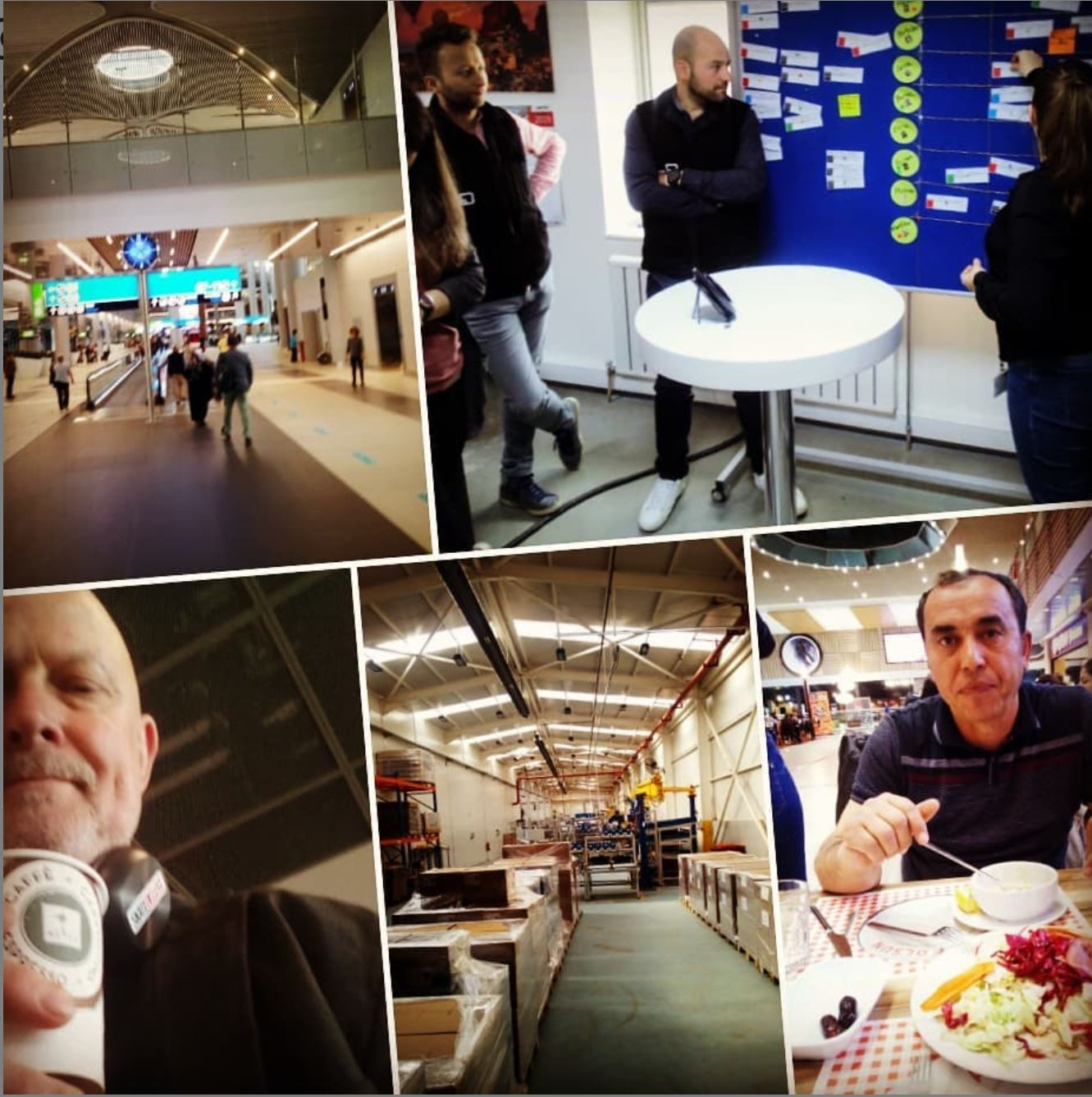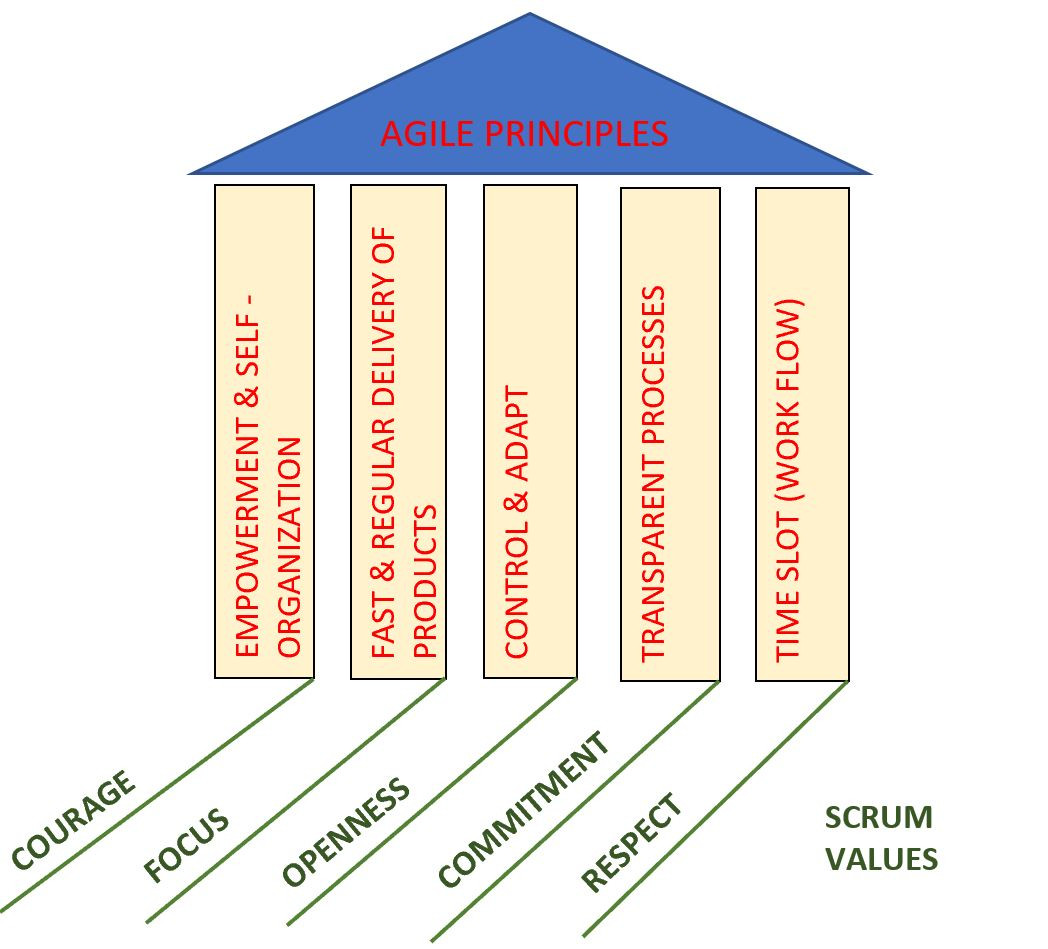Agile coaching on the road - on site in Ankara / Turkey

How does it feel to work as a coach in an international agile project? A) Which coaching attitudes are helpful? B) What intercultural factors need to be considered? Impressions on site. . . Part A)
Working with agile teams in international structures can be very demanding for a coach, but also very enriching... impressions and insights from Ankara at the beginning of Ramadan, the month of fasting
During the last 4 months the close contact with the Kanban team of my client in Ankara was only possible via mail, phone and videoconference - whereas with the German Scrum team I was talking quite often, coordination of current topics and the work with the team (incl. PO and Scrummaster) went well.
As I had only a few common topics with the colleagues of the Italian (Kanban) team, the contact was not very intensive - anyways, in the end everything worked out properly, but undoubtedly: it was time to be presenton site again.
I caught a direct flight to Ankara, as usual, my friend Kadir (our Italian speaking driver - very helpful, doesn't speak German or English, I don't speak Turkish - but we both know a bit of Italian..) picked me up at Esenboga and because in Ramadan one doesn't eat until sunset in the evening, we first went to a restaurant on our way to the city.

The next day our first meeting with the team was scheduled to exchange on the status of the processes and share the agenda for the coming days:
A Status Kanban Process Team development - where do we stand?
B Assumption of responsibility (how? who? when?)
C Preparation & execution of next process workshop
D Preparation of team's retrospective
Phew! A tough program.. as all teammembers had their daily tasks and dates to work on. .
Procedure:
While working in multinational (agile) teams, I have made some good experiences with the combination of solution/ resource-oriented coaching attitudes and the consideration of intercultural influences (models such as "cultural dimensions"according to Hofstede or SCARF).
So, let's get started. . .
A) Coaching attitude(s):
Coaching of agile teams (e. g. scrum – or kanban - teams) depends very much on the adequate coaching attitude – don’t underestimate it, it’s essential!
The basic thing is HOW the coach meets the team (especially when he has got to know it very well and intensively!) at every encounter. I always try to approach the team members with eyes open - unbiased, attentive and respectful - based on an attitude of "not knowing"..
This is necessary in order to be able to perceive anything new that has undoubtedly been developed in the meantime.
In (agile) scrum or kanban teams, the values of scrum in combination with the agile principles should of course be considered, so that one remains within the framework in which the team normally moves. It'll look like that:

The following principles are also helpful:
Each team member is an expert for himself: professionally, situatively and personally.
In the coaching process I behave fundamentally unprejudiced
I do not orient myself on deficits, but on opportunities and resources.
Quotes:
"Don't fix anything that isn't broken!"
"Be patient!"
"If things don't work out, do it differently!"
"If you can't change the situation, change your attitude!"

Very important is on one hand the balance between team- and individual coaching, on the other hand the conscious use of certain question techniques (circular questions, wonder questions etc. ) in order to get as many answers as possible. Especially in social/empathetic processes (e. g. retrospective) changes have to be patiently worked out with the whole team.
Book recommendation (basic knowledge):
"More Than Miracles: The State of the Art of Solution-Focused Brief Therapy" by Steve de Shazer and Yvonne Dolan/; Carl Auer Verlag
End of part A) - stay tuned - join us pretty soon with part 2!
